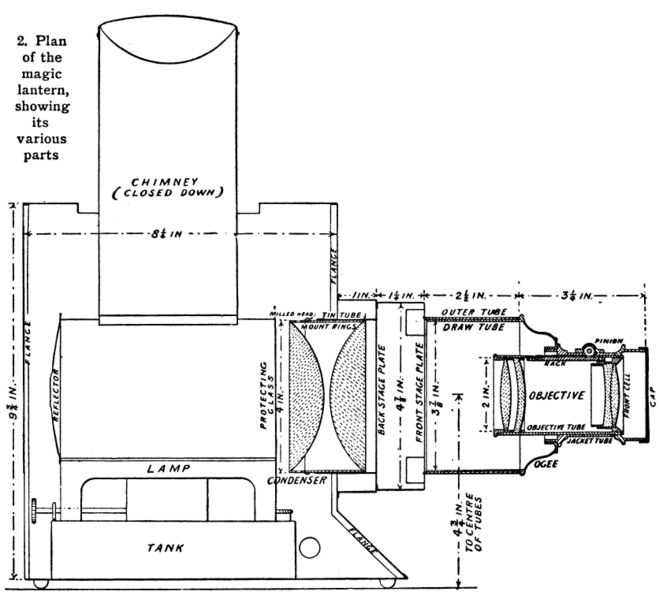In the Kampala, Uganda Daily Monitor newspaper of last week...
... Every year, I pick my now stained and weathered copy of To Kill a Mockingbird and sit down to get into Scout's world again. I laugh at her naughtiness and marvel at her brilliance. I am impressed by Atticus' integrity and heartened by Jem's love for his sister. Most of all though, I am swept away by Harper Lee's skill and the issues she was writing about, notably racism. She weaved that story so well. I wonder if she knew at the time she wrote it, how much fame it would earn her.
Then there is the African novel. Chinua Achebe, Wole Soyinka, Ngugi wa Thiongo, Austin Bukenya, Maria K. Okurut and Chimananda Adichie come to mind. My favourite is Things fall Apart. I know, you must be thinking that I have not had a variety from which to choose.
But I have. And Achebe's novel stands out. I think it was the simplicity with which he wrote and the character of Okonkwo that drew me to that book. Sometimes I hated Okonkwo, but most times, I actually liked him and felt sorry for a man who was facing changing times and would not budge.














 Her first novel,
Her first novel,  Her second novel,
Her second novel, 